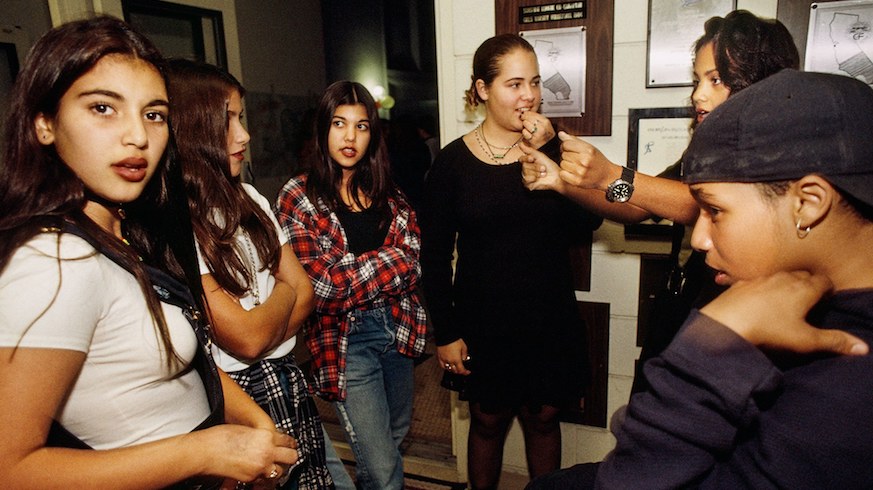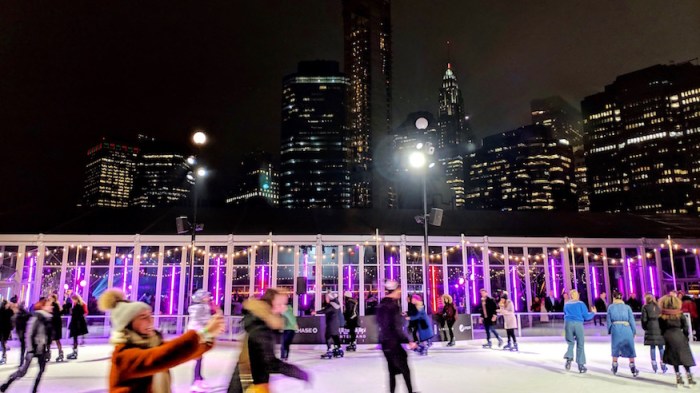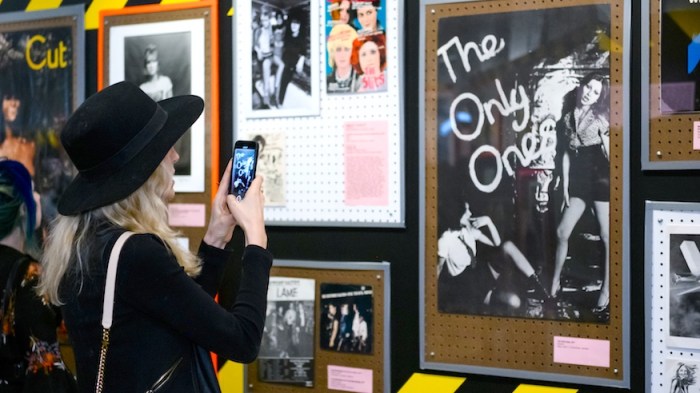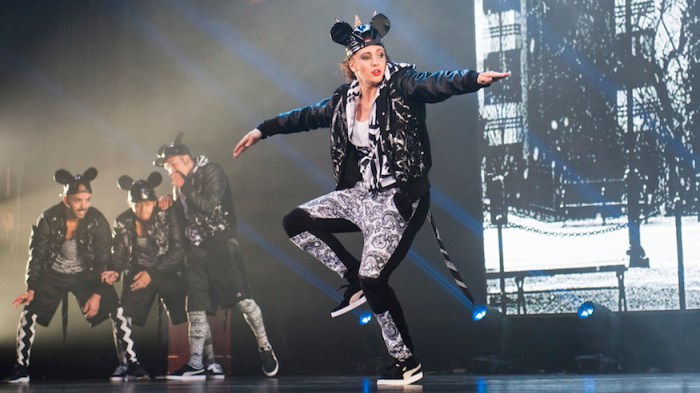After spending 25 years photographing every kind of wealth, Lauren Greenfield should have an answer to the question “Does money buy happiness?”
“The subjects in the book answer that so much better than me,” she says. “I love David Siegel from Queen of Versailles, who says, ‘Money does not make you happy, but you can be unhappy in a good section of town.’”
The faces in Greenfield’s photos — from high schoolers to hotel tycoons, high-end prostitutes and Kardashians (including a 12-year-old Kim Kardashian who already looks destined for fame) — are rarely smiling amid the orgy of brand-name purses and mansions.
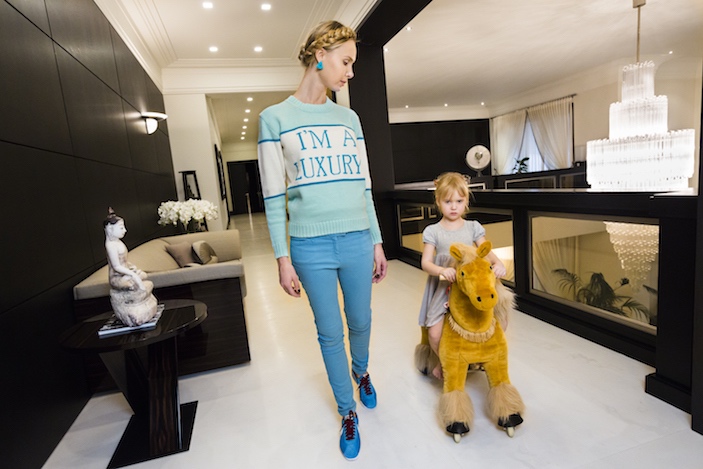
Greenfield has been chronicling how wealth affects people since 1992, and for the first time her work has been collected into a book and a massive retrospective called Generation Wealth at the International Center of Photography Museum (250 Bowery), opening Sept. 20.
“What I was trying to look at is how we’ve set aside traditional morality in favor of the values of lifestyle and money,” she explains. “There’s a cost to that for sure, not just to the people involved but to really all of us when the values of capitalism take over any traditional values.”
The exhibit could easily just be a grotesque display of affluence, were it not for Greenfield’s interviews with each subject — most often about the problems that money has brought them.

And then there is the revelation that most of Greenfield’s subjects aren’t actually wealthy; they’re just living like they are, faking it till they make it like the rapper Future, who would drop his last cent at Atlanta’s famous Magic City strip club to build excitement for his music.
“A lot of the people in the book are not rich — there’s either a pretense or a posing or a faking or aspiring, and the backdrop of these 25 years is that we’ve had less and less social mobility,” Greenfield says. “In the ‘70s and post-war generation of my parents, there was a feeling you could be anything, you could make a better life than your parents, and now a lot of people don’t feel that way.”
But even for people who do fake their way into wealth, getting more money becomes like an addiction. Florian Homm, who went from being a hedge fund banker to the FBI’s Most Wanted List, describes the drive best: “When bigger is better, there’s no stopping.”
And when there’s no stopping, the world starts to warp. Hard work and education are no longer seen as the path to the American Dream when a woman like Brooke Taylor, who has a degree and was a social worker making $30,000 trades up to being a prostitute making $30,000 in a couple of days.
And when sex work becomes glamorous, Greenfield points to knock-on effects like teenagers dressing like strippers and their moms taking classes called Cardio Striptease. For women especially, the pursuit of wealth commodifies their bodies, and eventually souls.
As for finding real happiness, Greenfield takes us to Iceland, which had one of the largest banking systems until the 2008 financial crisis wiped it out.
“For them, the crash ended up being a teachable moment where they’d realized they had lost their way,” she says. “They decided it was more important to spend time on family and community and building up Iceland, to focus on the environment, both conservation and also enjoying the environment in their daily lives.
“In a way, the moral of the story of the show is the simplest, most cliched thing, which is that money doesn’t get you happiness, it’s family and friends and connections that do.”
Generation Wealth runs from Sept. 20-Jan. 7 at the International Center of Photography Museum, 250 Bowery. Admission is $14.

